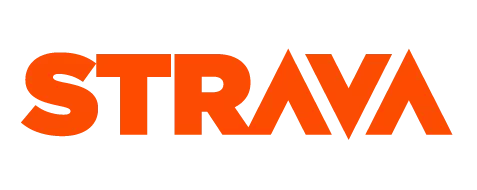There’s a lot of progress happening with AI coaching platforms right now. They’re not just spitting out generic training plans anymore. Many of them can pull in detailed training history, analyze power files, track recovery metrics, and even adjust plans automatically if an athlete skips a workout.
And on the surface, that sounds like coaching. But it isn’t.
Continue reading the full post or listen to the audio version on our podcast, or watch the video version on Youtube.
Even with all that data, AI still misses what matters most. It doesn’t hear hesitation in an athlete’s voice. It doesn’t know that when someone says, “I’m just a bit tired,” what they really mean is three nights of broken sleep because their baby is sick. It doesn’t know when “my knee feels tight” is the first sign of injury instead of normal soreness. It can’t sense when motivation has slipped and what an athlete really needs is encouragement, not another interval session.
Athletes themselves don’t always know what context matters either. Even if AI learns to aske the right questions athletes, don’t know the depth of answer they need to give AI, or they just take shortcuts to save the time on typing. That’s why even with smart algorithms and loads of data, AI-only coaching still falls short. It captures numbers, not nuance.
AI isn’t going to replace good coaches. But coaches who don’t learn how to use AI properly might get left behind.
Right now, too many coaches are treating AI like a vending machine. Some just accept whatever comes out, while most dismiss the AI altogether and blame the poor results on the tool rather than on the vague prompts they gave it:
- “Build me a 12-week triathlon plan for an athlete preparing for a half-Ironman who currently trains 6 hours a week.” (but without providing injury history, travel schedule, or lifestyle constraints)
- “Write 10 social media posts to promote my coaching business highlighting endurance training tips.” (but without clarifying my coaching style, audience demographics, or key differentiators)
- “Draft a detailed nutrition guide for marathon runners.” (but without noting whether the athletes are vegetarian, have allergies, or need guidance on fueling long runs)
Yes, AI will give you something. But without your context, your philosophy, and your experience layered in, it’s just another generic output. And generic coaching doesn’t inspire trust or keep athletes loyal.
The difference between average coaches and great coaches in this new era won’t be whether they use AI, but how they use it. The coaches who thrive will treat AI like a collaborator. That means:
- Feeding it context: your coaching philosophy, your athletes’ real needs, your own voice.
- Using it to offload admin, so you can spend more time in real conversations with athletes.
- Letting it amplify your expertise, not replace it.
AI doesn’t make coaches obsolete. It makes shallow coaching obsolete.
Because in the end, coaching has never just been about prescribing workouts. It’s about curiosity. It’s about listening. It’s about guiding athletes through the messy, human side of performance that no algorithm can capture.
And the coaches who embrace AI as a collaborator, not a vending machine, will be the ones who thrive.
Take our Free "Authentic" Marketing Course for Coaches
Designed for endurance sport coaches. Marketing doesn't need to be pushy. The best marketing simply creates a win-win relationship between you and your customers. Take the simple 6 part course to learn more.













